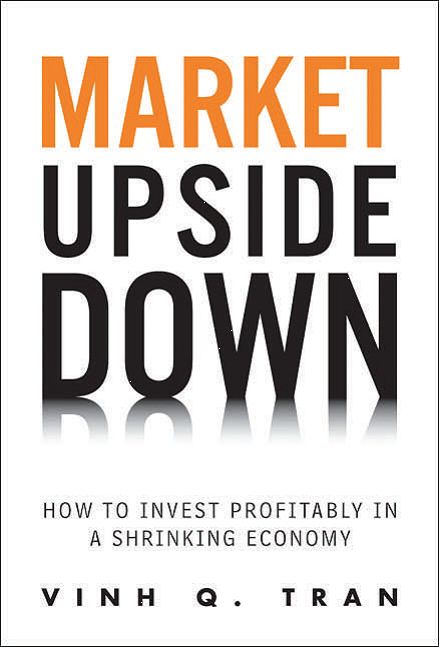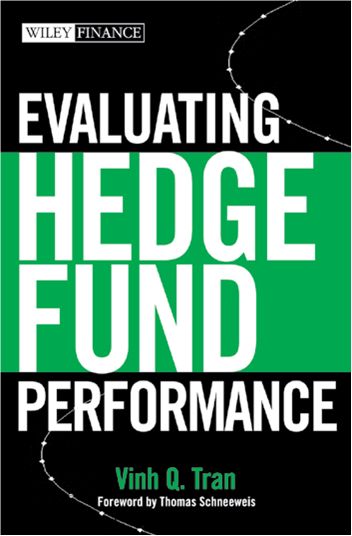August 15 – After strong rallies of over 2% on the first trading day of August, major stock indices have managed to retain their gains, riding through the miserable July payroll reports, and turning the S&P 500 from a loss into a gain of 0.5% year-to-date. Yet, the labor statistics again highlighted the bleak employment outlook and continuing lack of jobs for the rising ranks of the unemployed. Overall, the nation lost 131,000 non-farm jobs in July, with 202,000 cut in government payroll. The loss of 48 thousand jobs in state and local governments surprised economists. The gains in private sector jobs of 71 thousand were pitiful, just a bit over half of what is needed to keep pace with population growth; to reduce unemployment the U.S. needs to gain at least 200,000 jobs a month consistently.
The poor payroll reports surprised even optimistic economists. “No question about it, the three-month average of adding 50,000 jobs is disappointing versus almost anybody’s expectations,” said Robert J. Barbera, chief economist of Mount Lucas Management, who has said that the economy is on track for sustained recovery. “And certainly it’s less than half of what you need to keep things stable.”
Fear, however, has come back to the stock market the last few days. Bullish sentiment and optimism came to face with the economic reality American consumers and the unemployed have felt in their lives and their guts for many months: This is not the economic recovery and strong growth market pundits have been broadcasting.
On Wednesday, the Dow lost 265 points, after dropping one-half percent the previous day; and losses kept up through the week after meek attempts to rally. Now the major indices looked at a loss of over 3% year-to-date.
Unpalatable news –not that they were surprises. What else could be expected? – suddenly converged and drew attention to what “is going to be a long slog,” as phrased by David H. Resler, chief U.S. economist of Nomura Securities International. After giving signals of its sagging confidence in a robust recovery earlier this year --“The pace of recovery in output and employment has slowed in recent months…” – the Fed showed “a feeling of panic”, as an economist put it, in its announcement on Tuesday that the proceeds from its huge portfolio of mortgage bonds will be used to buy long-term Treasury bonds. With interest rates at virtually zero, the Fed now has little leeway to stimulate the economy; the only resort is printing money, or putting more politely, quantitative easing.
Now that the most authoritative forecaster of economic growth –and guardian of the economy-- has said it, Wall Street began to once again pay attention to the stream of bad economic news coming from different directions, from faltering American exports to retail sales. In June, the trade deficits jumped 18.8% from May, rising to $49.9 billion, with exports slipping and imports increasing. Retail sales looked better on the surface, gaining 0.4% in July; but excluding autos and gasoline, retail sales went down 0.1%, disappointing economists who had predicted 0.5% overall gains and 0.2% rise, excluding gasoline and autos.
Abroad, China, the engine of global economic growth, is showing signs of slowing down after its GDP advanced at the break-neck pace of 11.1% annualized in the first half. Although Chinese growth is still forecasted to continue strong, signs of slackening are showing in retail sales, imports, and fixed asset investments. Bank lending also has begun to taper off, being reduced to Rmb533 billion ($79billion) last month, from Rmb603 billion ($89 billion) in June. Growth of money supply has also declined, to 17.6% year-on-year, from 18.5% in June.
At the same time, the Bank of England marked down its forecast of 2010 growth to 3% from 3.5% only a couple of months earlier. Citing softening business and consumer sentiment, the Bank’s governor hinted at expanding the economic stimulus package to support the British economy. The Euro zone economies also are feared to slow again in 2010 H2 driven by austerity measures in Germany, budget cuts in France and persistent weak growth in Spain, Italy and others.
So, in lock step with the S&P 500’s loss of 2.8% on Wednesday, the Eurotoxx blue chip index gave up 2.6%.
The Japanese Nikkei dropped 2.7%, raising the year-to-date loss to more than 12%. After a two-decade decline, it looks like Japanese stocks are facing another wasted year.


